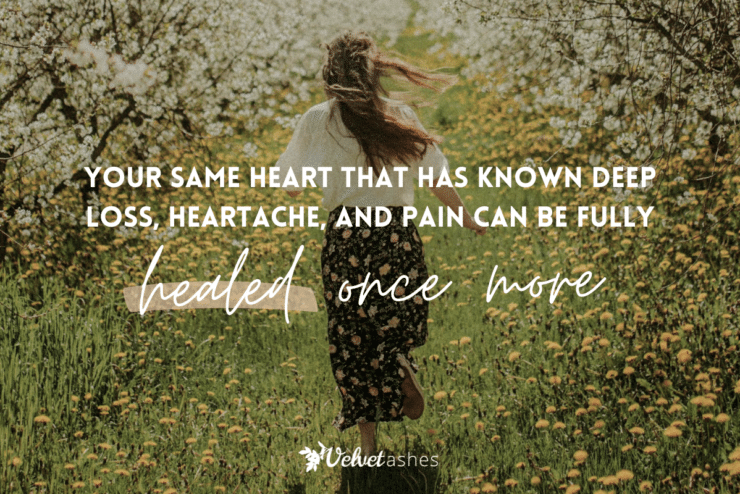“And this is my prayer: that your love may abound more and more in knowledge and depth of insight, so that you may be able to discern what is bestand may be pure and blameless for the day of Christ, filled with the fruit of righteousness that comes through Jesus Christ—to the glory and praise of God.” Philippians 1:9-11
In his letter to the Philippians, Paul tells them that he prays for their discernment, that they would be able to discern “what is best.” That’s the challenge, isn’t it? Discerning “what is best” sounds like an overwhelming task: so many factors, so much complexity in our lives and the lives of those around us, not to mention the difficulties inherent in the interaction of our home and host cultures.
I’m sure that together we could come up with a huge list of areas in our lives in which we feel a desperate need for discernment. At the moment, my use of technology, parenting, and ministry and service responsibilities top my own list. What do I do, what do I say, how do I respond? These questions confront me each morning as I consider the day ahead, and I often only have one prayer: “Lord, give me wisdom.”
Even as I ask, I do not anticipate that perfect wisdom will suddenly be granted, that tomorrow I will, like Solomon, have wisdom that awes my neighbors. Instead, the wisdom of discernment is cultivated over the long haul: it is the fruit of years of lived faithfulness. While this means that I cannot harvest fruit that is not yet ready, it does not mean that I am inactive.
“Discern” simply means “to recognize” — and in order to recognize something, we need to have seen it before. A few weeks ago, I sat down at the keyboard to play one of the psalms we sing regularly in church. I haven’t taken lessons since I was a child, and I have only played a handful of times since then, so I’m still a beginner. Even so, when I touched the wrong key, I knew it: because the melody was in my head, I recognized when what I played didn’t match up. So too, in discernment. Whether in our work, parenting, relationships, or life-changing decisions, recognizing the right choice requires the melody to be in our heads. Then when faced with options — what should I say? What should I do? — we can discern the best choice for us, the one harmonious with the song we want to play.
To recognize what is good, we need the stories and instruction and poetry of Scripture to be in our bones, to be part of us at the deepest level. This is more than the ability to rattle off our dutifully memorized verses (though I am grateful for AWANA and the Navigators!). As we know from the many stories in Scripture, faithfulness does not require the same exact life and decisions from each of us. And as we know from decisions we have faced before, Scripture does not tell us whom we should marry, where we should live, how many children we should have. Simply memorizing Scripture will not be enough for us to be discerning in these decisions: we need something more to recognize what God is doing, and to see how the choices we make put us in line with that work.
This is why Paul begins his prayer with love: we are, as James K.A. Smith argues, what we love. We are people oriented by our hearts, by the desires and loves that captivate us. All of our decisions, subconscious and conscious, are directed by the compass of our hearts, to use Smith’s metaphor.
Or, as Proverbs puts it, “the fear of the LORD is the beginning of knowledge” (1:7). This “fear of the LORD” has to do with a relationship, a heart captured by the glory and holiness and majesty of God, and that responds in worship. To be discerning people, we must first have hearts that fear God.
So then, while checklists and questions to ask in making decisions can be very helpful, if we want to become people characterized by discernment, we must start with our hearts. Who or what do we love? What do we want? Of course, to answer them honestly will lead us to confession: we have not loved God or others, as we ought, we have not sought first his kingdom. But by God’s grace, even in our confession of our failure to love rightly, we are taught to love rightly, because confession orients us to the cross of Jesus. And it is there that we recognize, we discern, what is truly best.
What decisions face you right now? What parts of Scripture have shaped your heart to help you to discern what is best?




